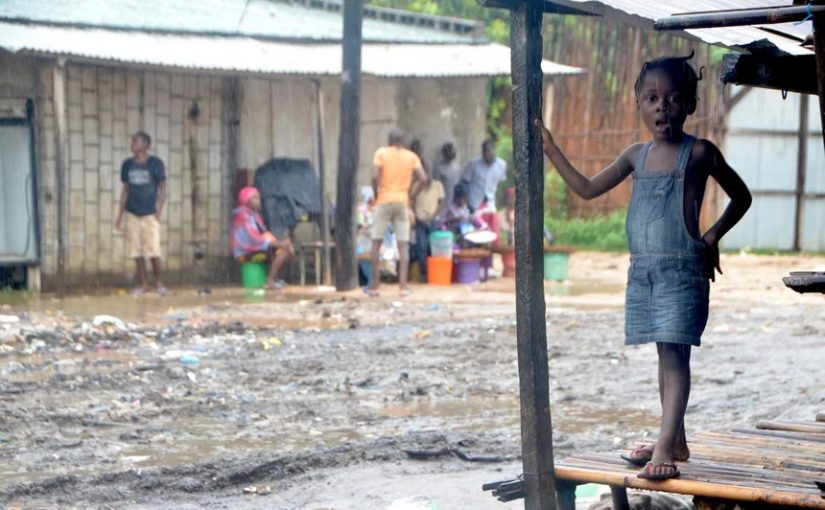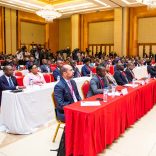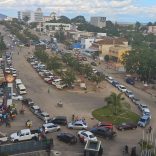Rwanda, DRC to ink peace deal in US but questions remain
INGC working to resettle 3,000 in northern provinces

[File photo: Emidio Jozine / Getty]
The Mozambican relief agency, the National Disaster Management Institute (INGC), is working to complete the resettlement of around 3,000 people who lost their homes when cyclone Kenneth struck northern Mozambique on 25 April.
Speaking in Nampula on Thursday, the northern regional director of the INGC, Helder Siueia, said that activities to assist those affected by the cyclone were taking place “normally”, as and when resources were made available. He was speaking at a training session for focal points of the Nampula Provincial Disaster Management Technical Council.
“We are still seeking resources”, he said, “and as they are disbursed they will be used in the resettlement programme”.
Siueia said there are still 200 families to be resettled in Pemba, capital of Cabo Delgado, the province worst hit by Kenneth. Also to be resettled are 400 families in Erati and 45 in Memba, the two Nampula districts affected, and 75 in Cuamba, in Niassa province. The Cuamba victims were displaced from their homes, not by the cyclone, but by torrential rains in March.
“In all, there are about 3,000 displaced people”, he said, “and our great challenge is to resettle them so that they can resume a normal life”.
The 2018/2019 cyclone season was over, added Siueia, “and now we have to prepare for the next one. We have noted that it is important to improve coordination so that in times of emergency we can have a more efficient response”.
Joao Luis, focal point for emergencies in the Nampula Provincial Education Directorate, told the meeting that work is under way, throughout the province, to restore the 390 classrooms destroyed during the rainy season, including by the cyclone.
For his part, the permanent secretary of the Nampula provincial government, Eduardo Macario, praised the readiness and good organisation of the INGC, which had helped minimise the impact of the cyclone.
The worst had been avoided, he said, “and now we are in a time of reconstruction where it is important to exchange experiences to reach common ideas on preventing and combating disasters, and how to react at difficult moments”.
“We are in a period of climate change”, he warned, “and we can be certain that there will be more cyclones. We must thus prepare and adapt, so that future storms are not so devastating in their impact”.













Leave a Reply
Be the First to Comment!
You must be logged in to post a comment.
You must be logged in to post a comment.